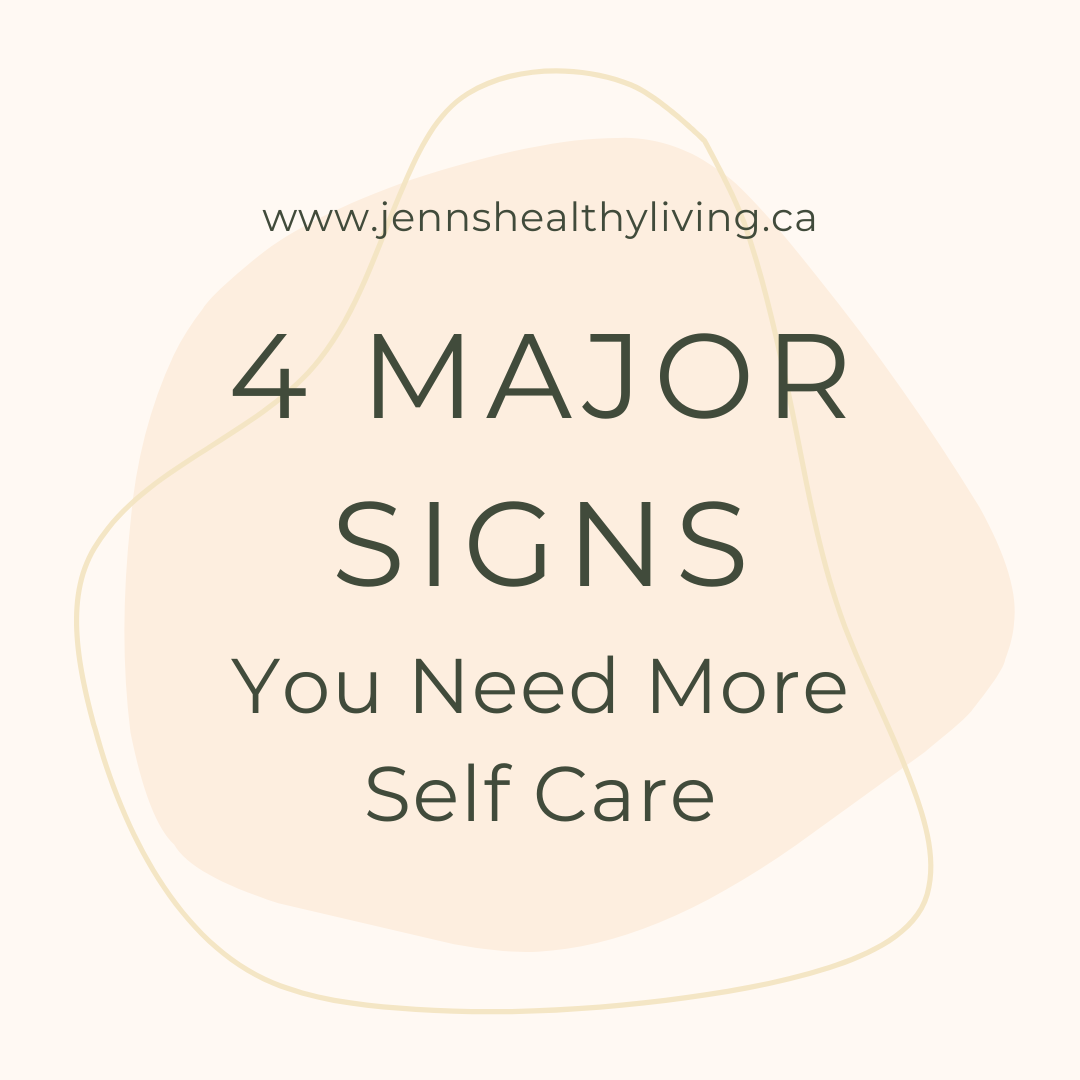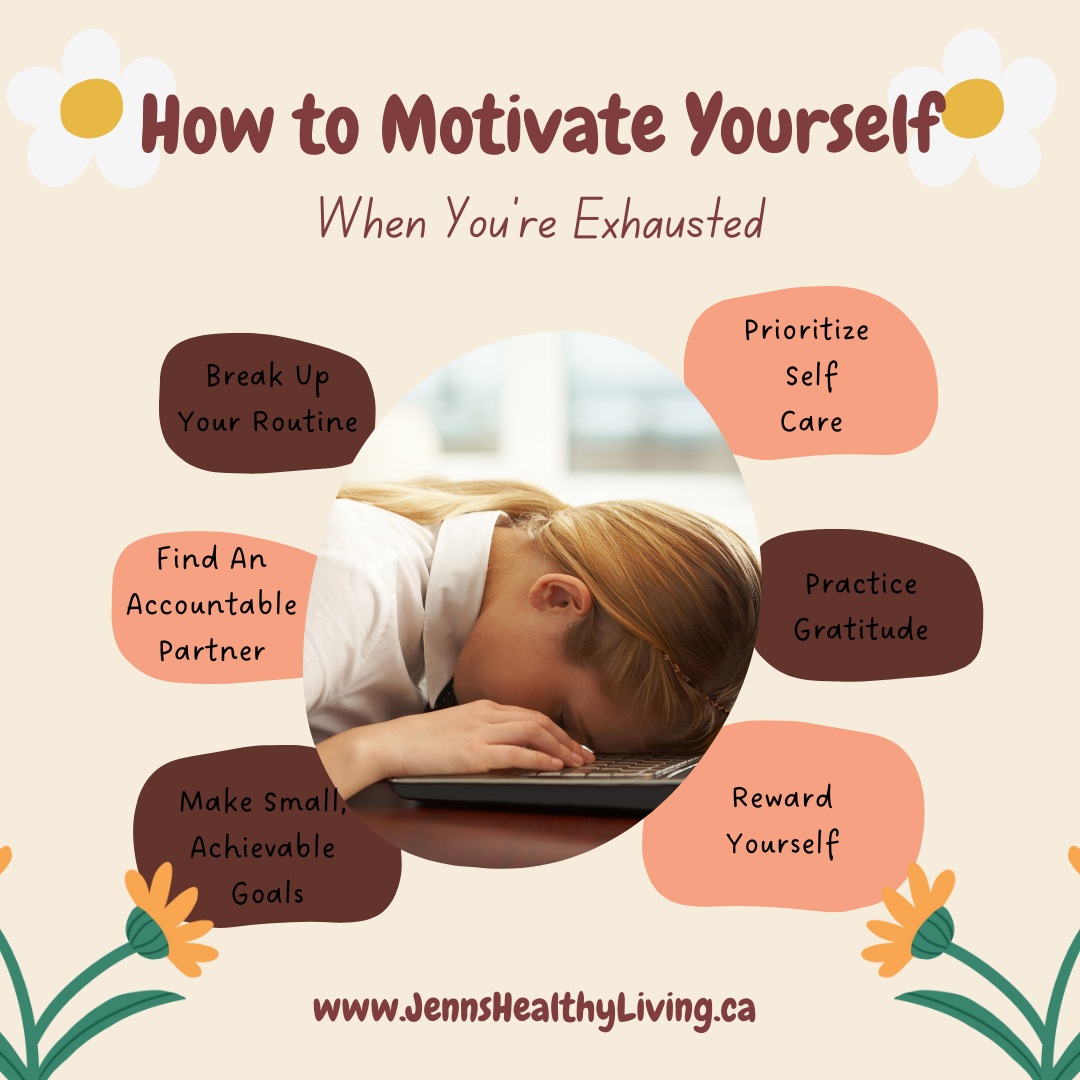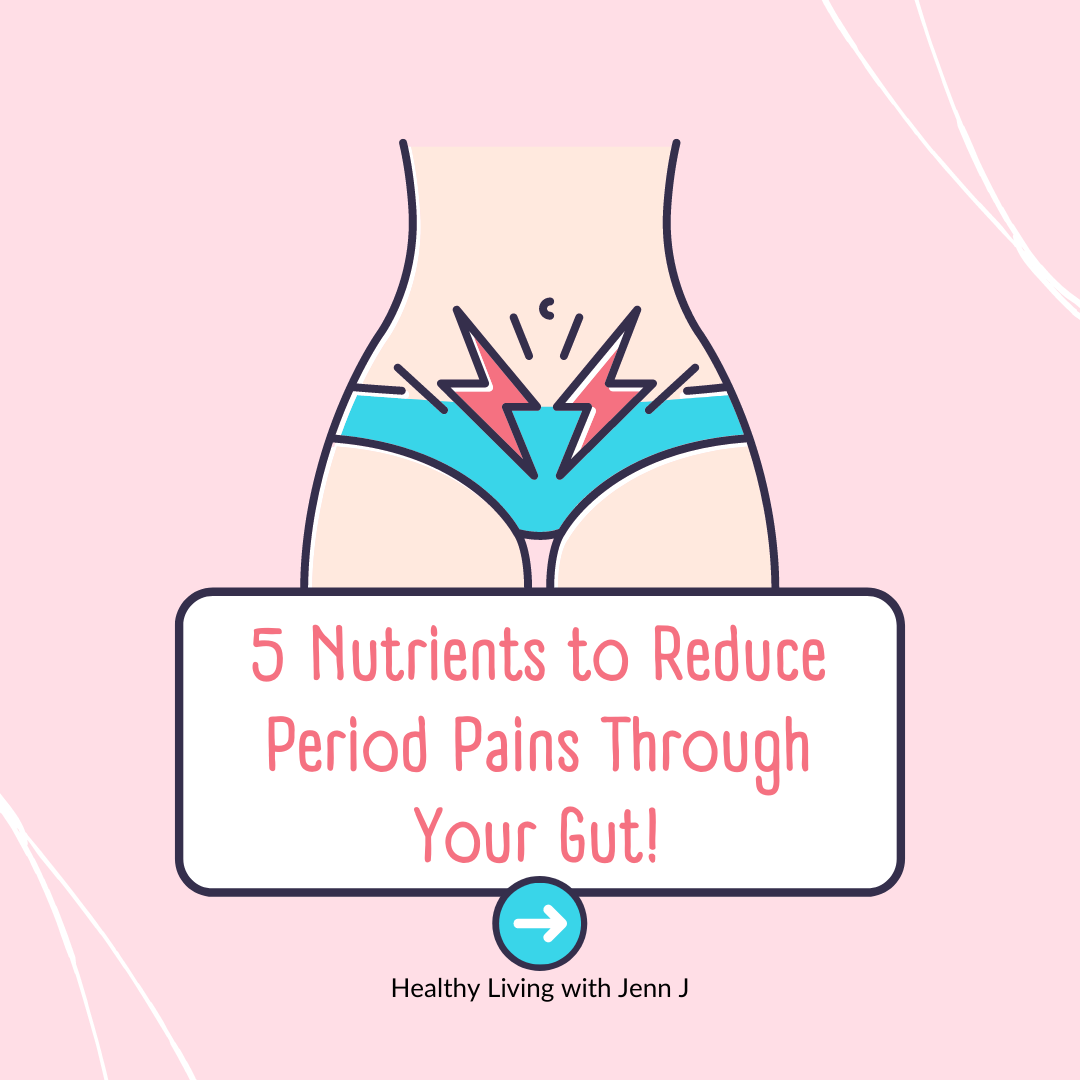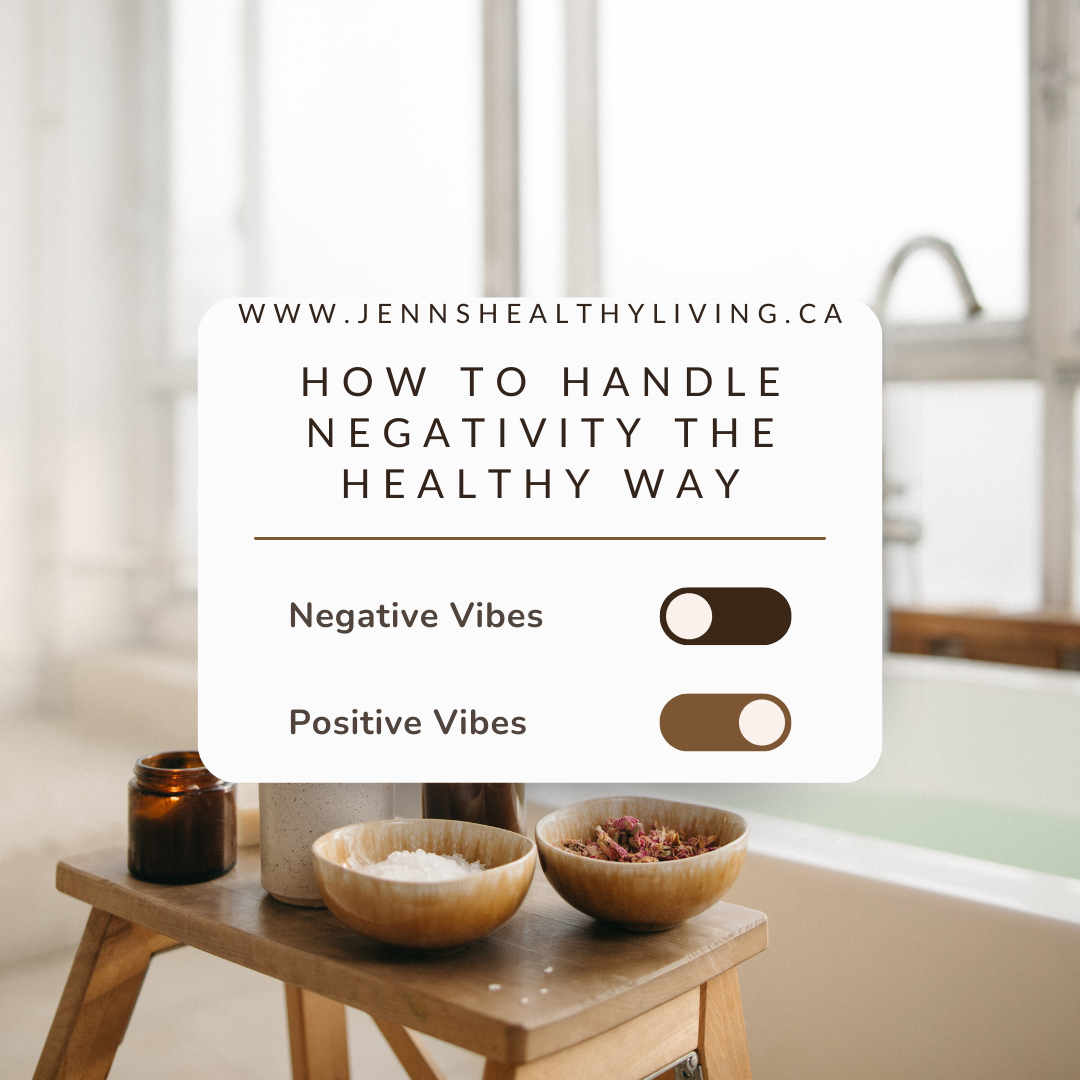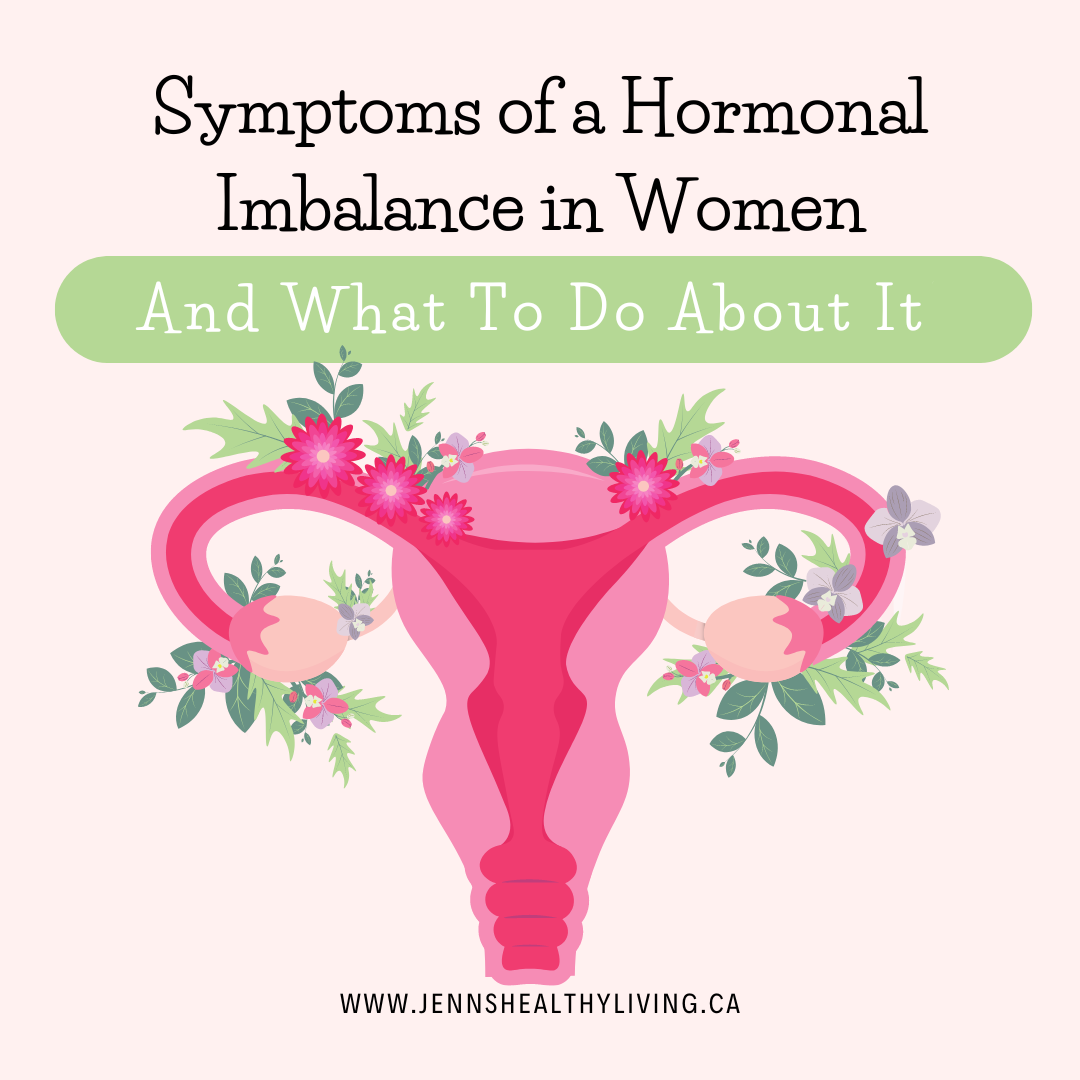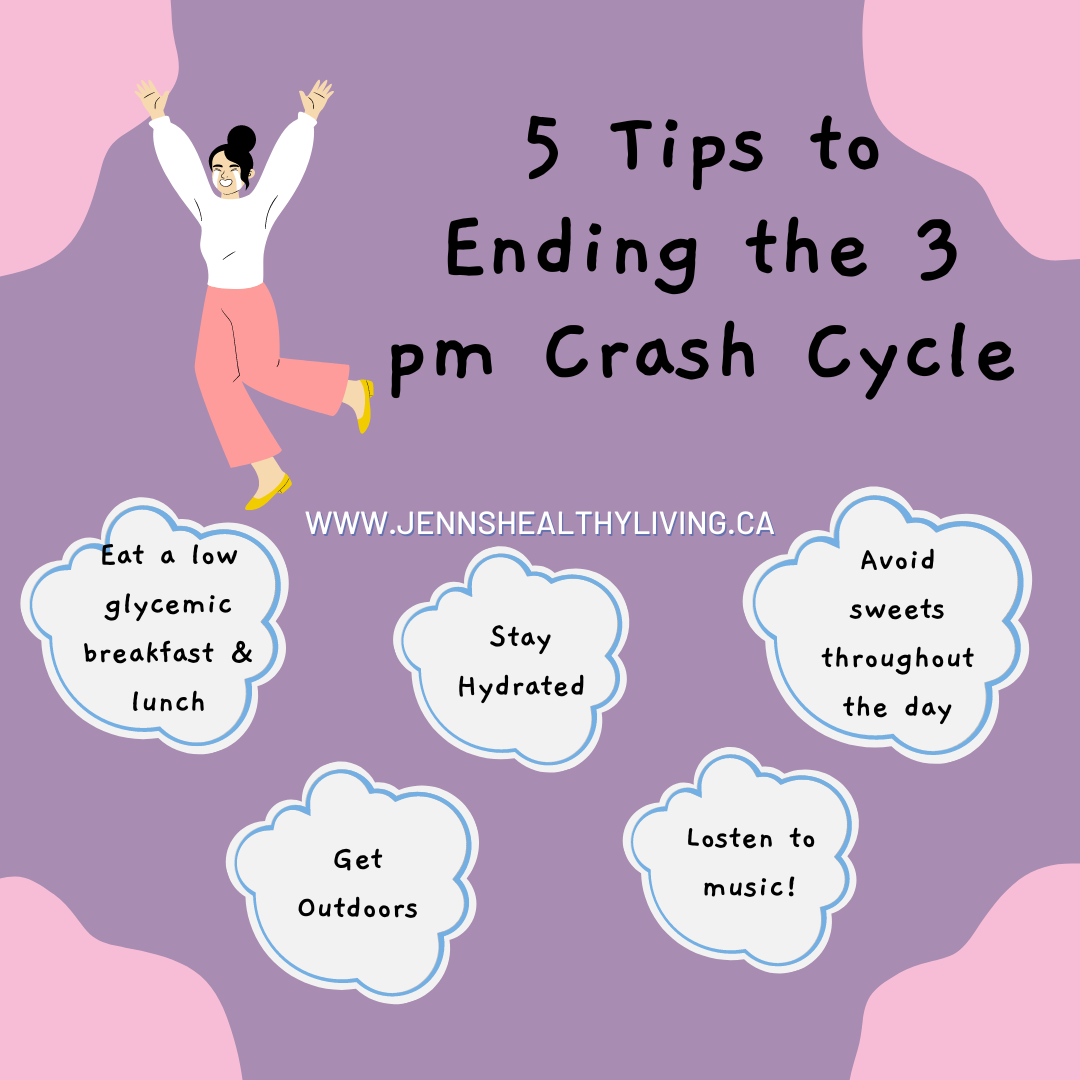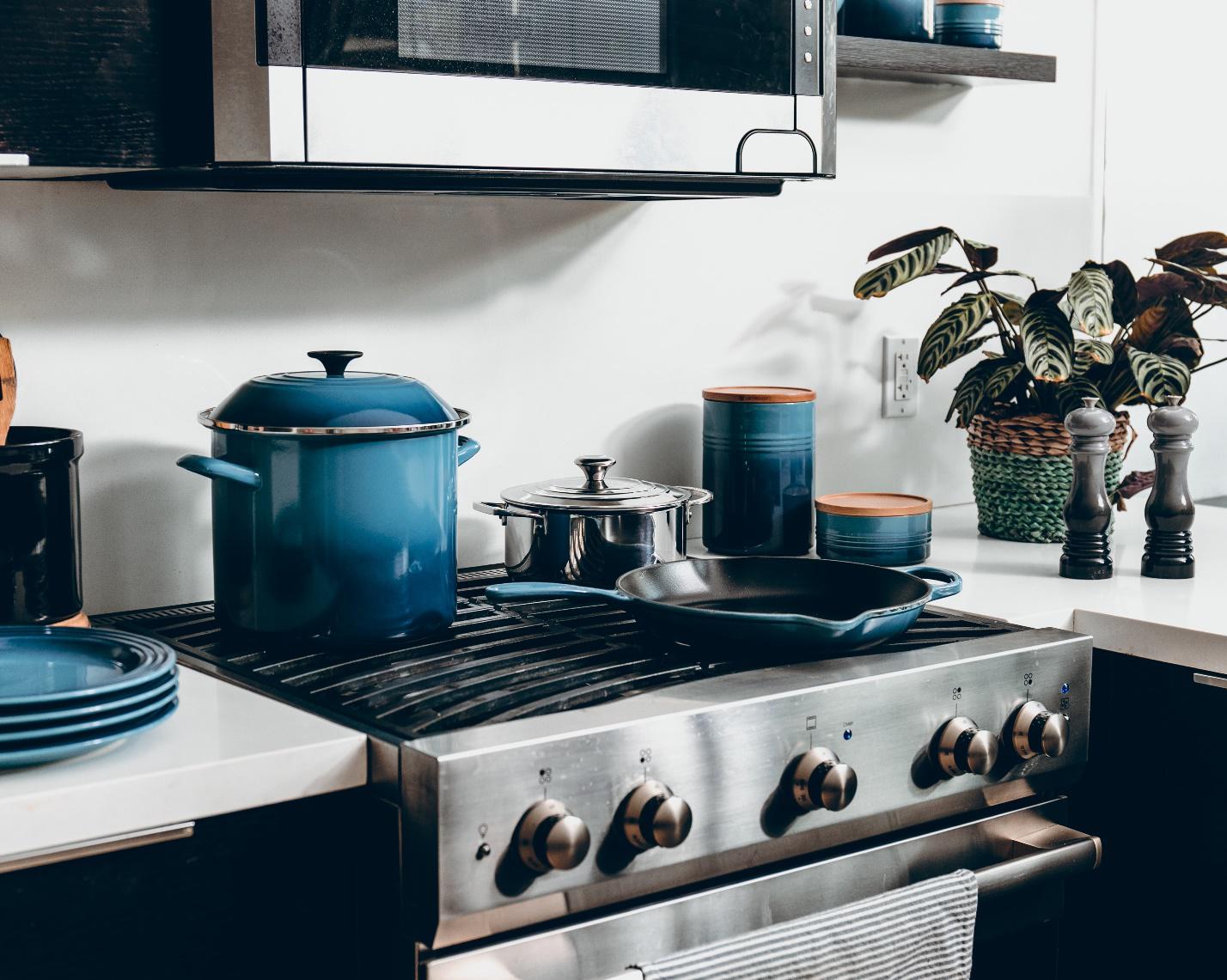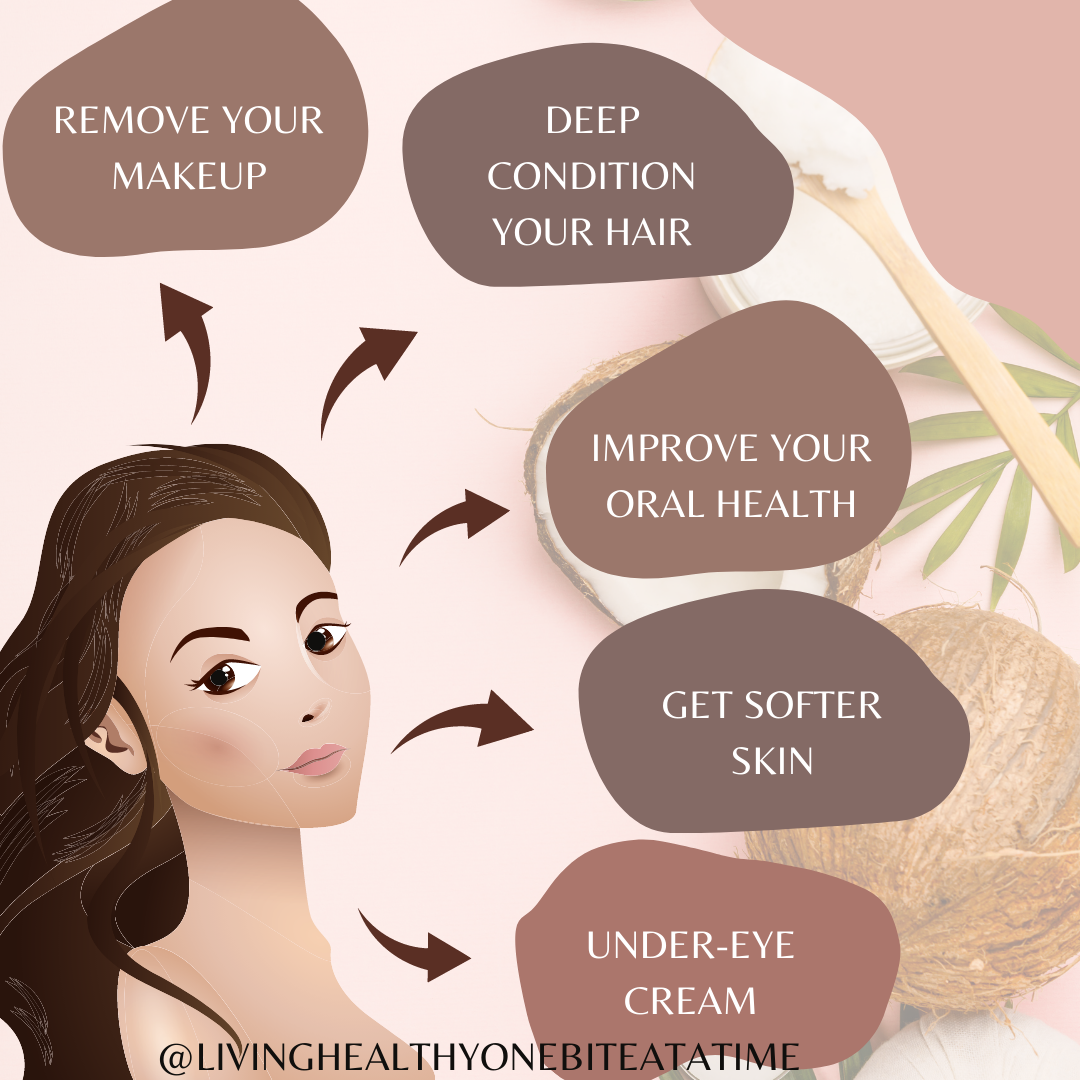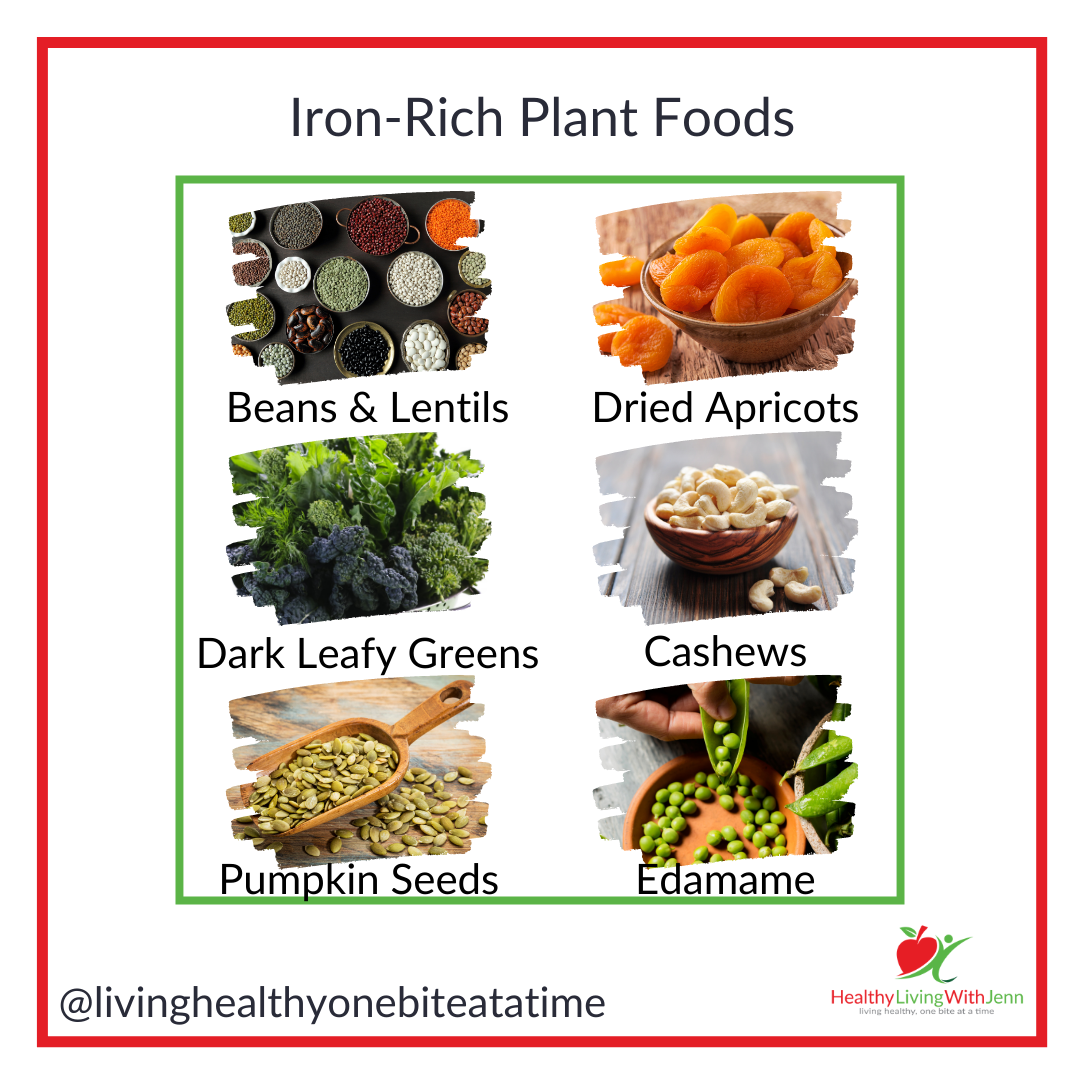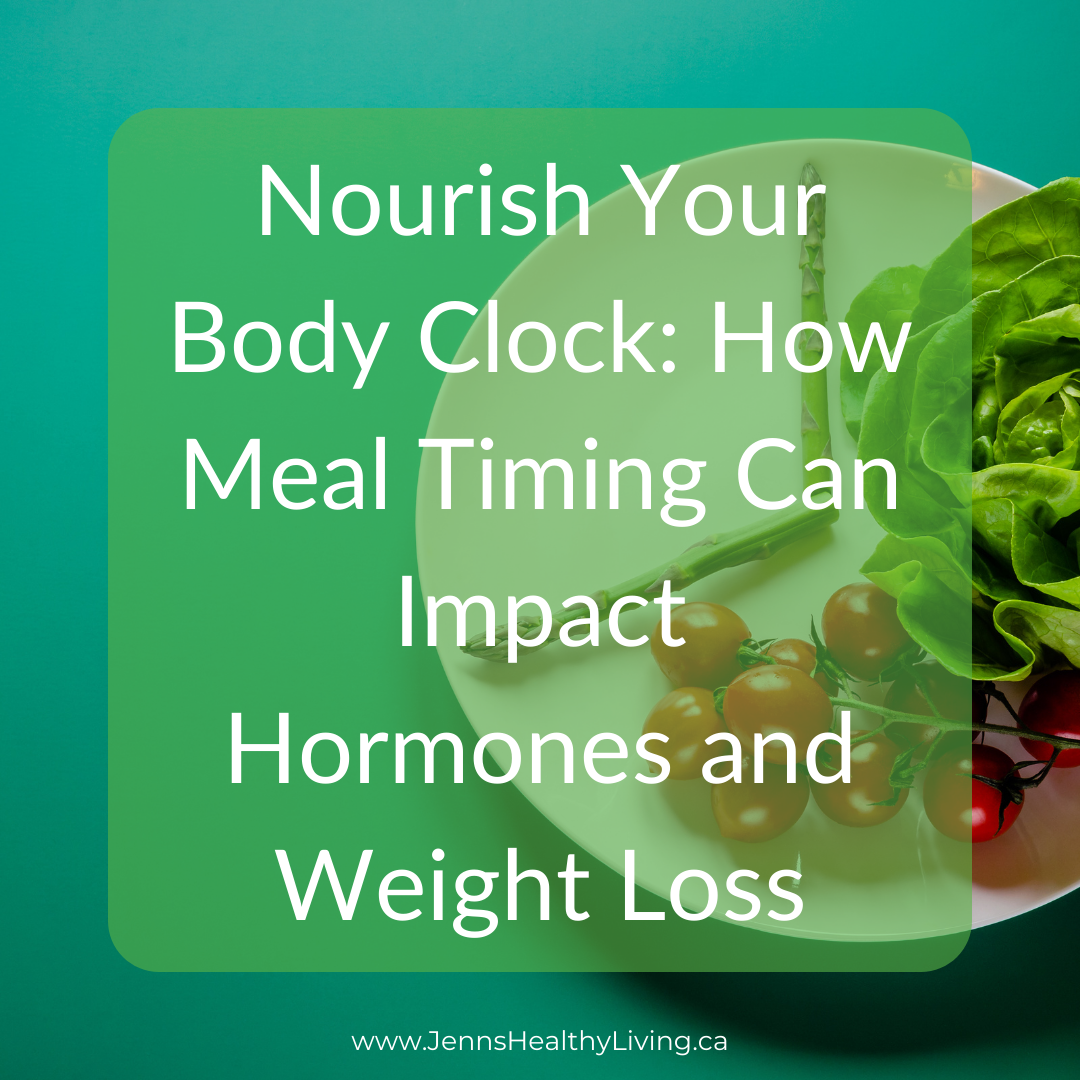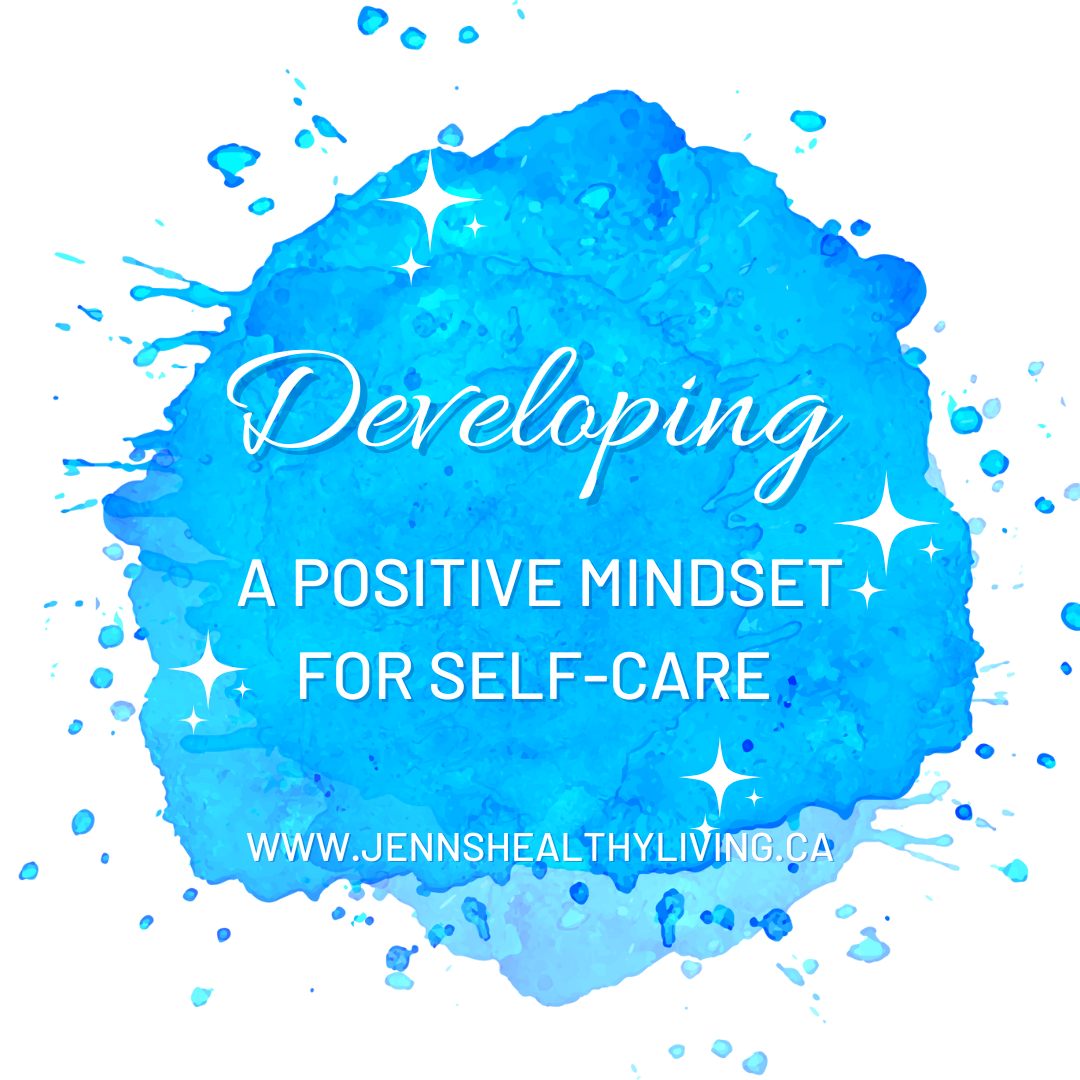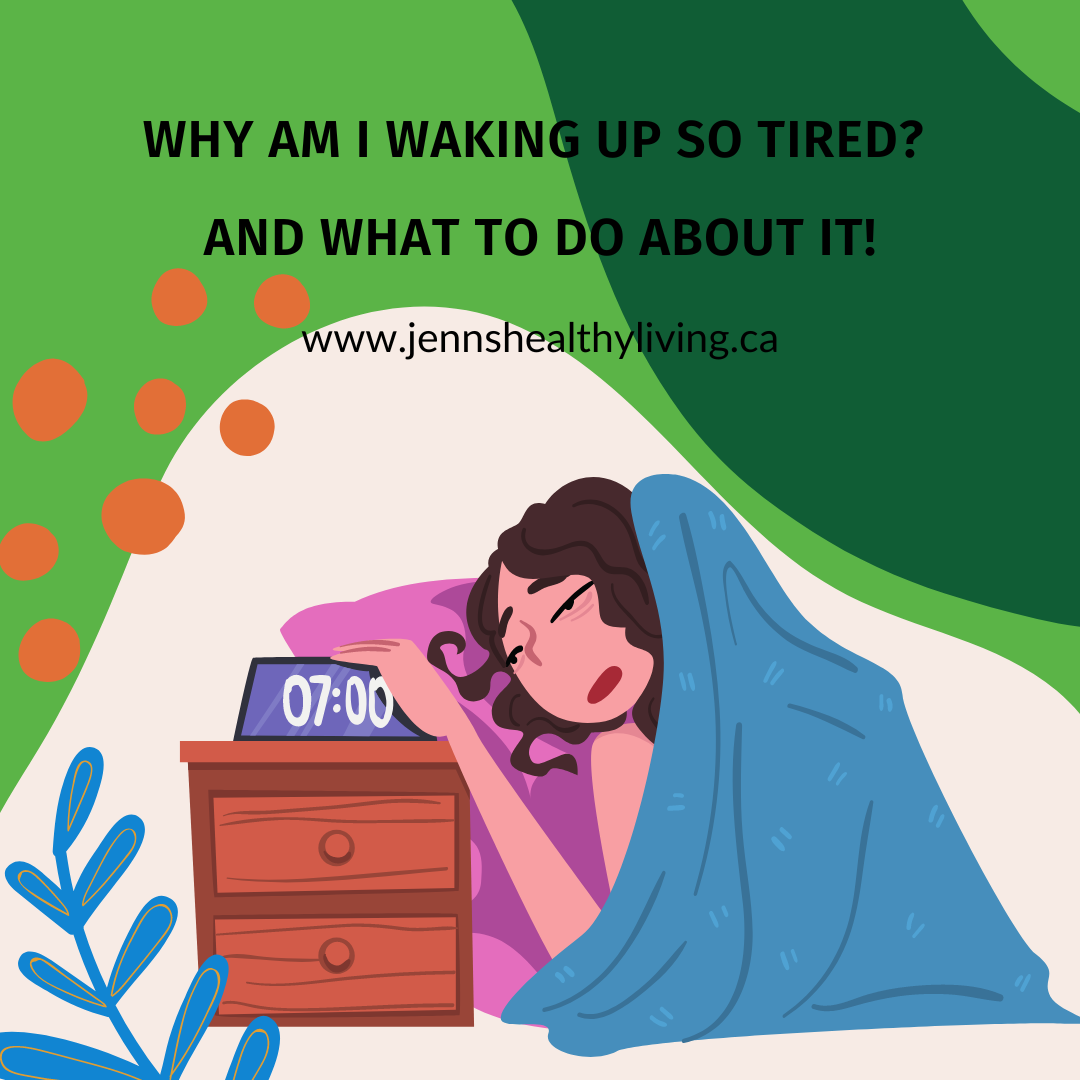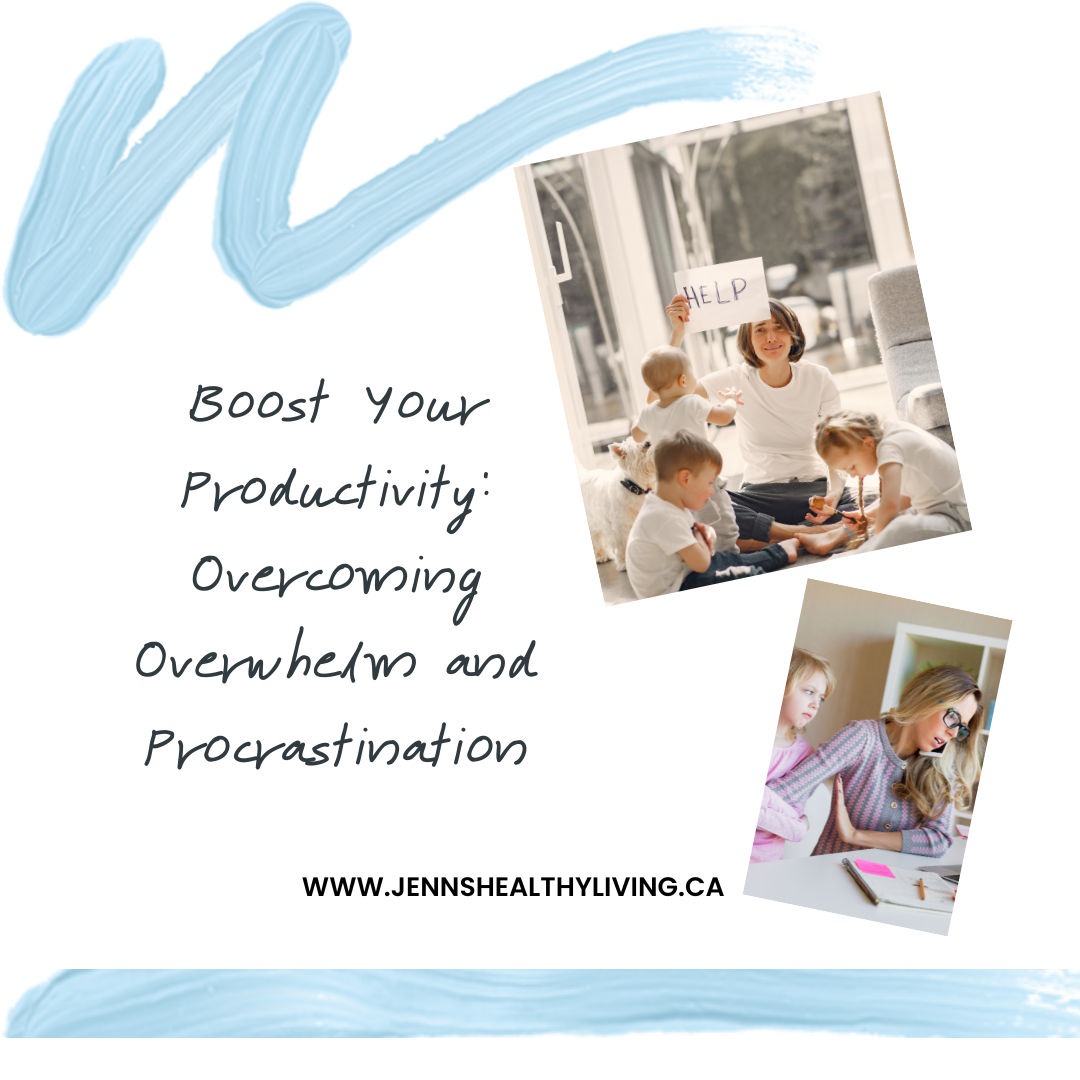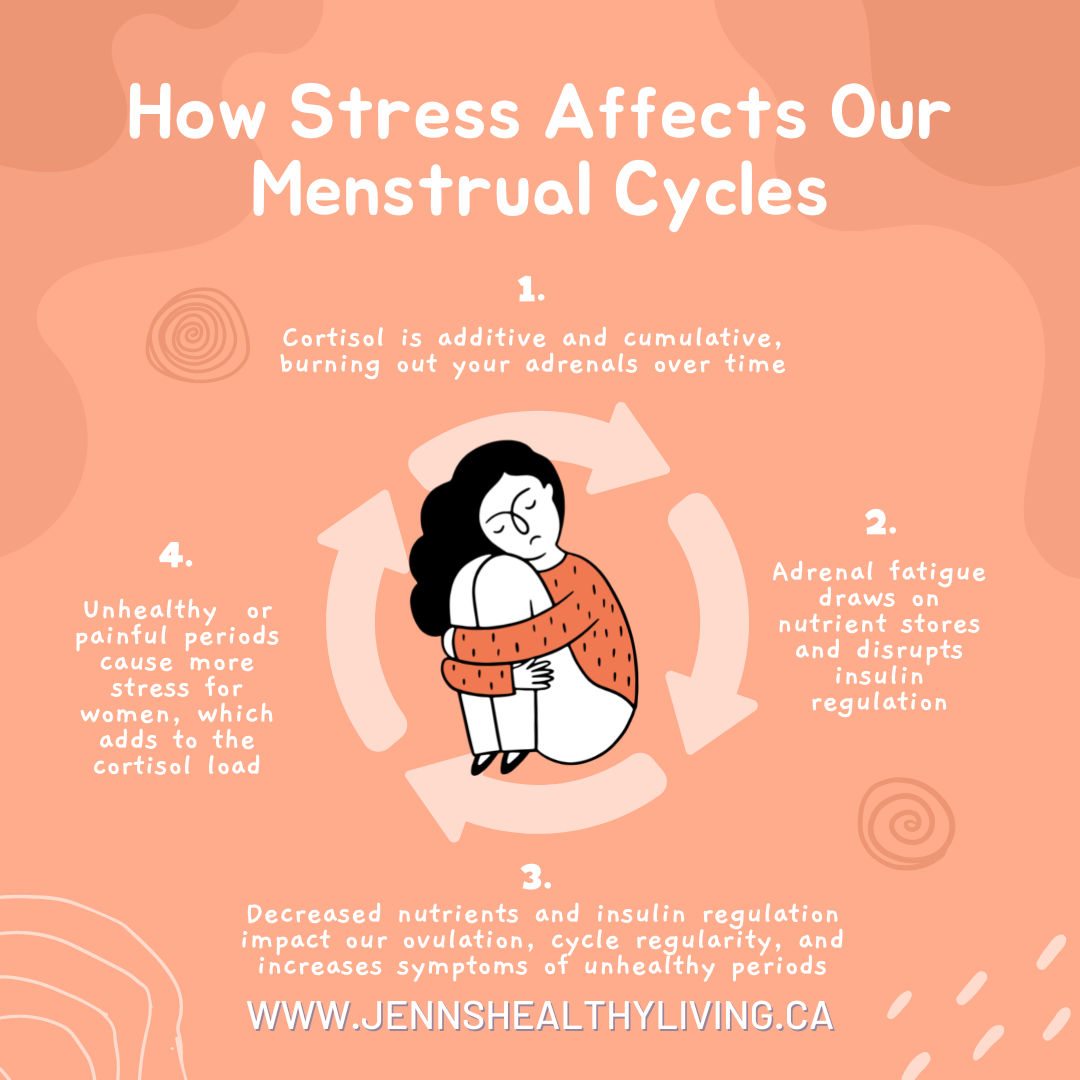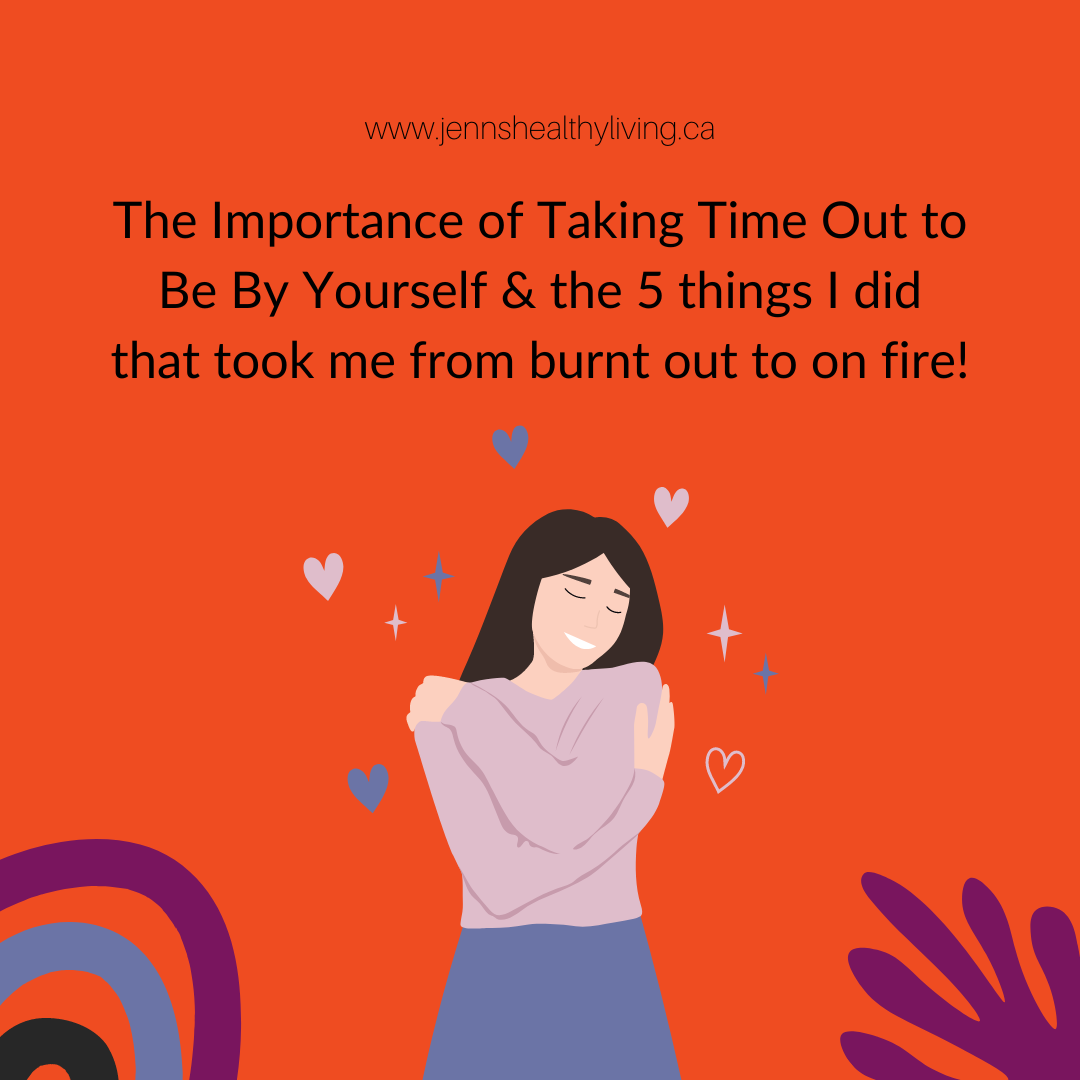If you’re having trouble sleeping, you’re certainly not alone. It’s estimated that as many as 70 million Americans suffer from sleep deprivation!
If you make ‘getting more sleep’ a priority, you may see some changes. It can take 2-3 weeks until something may start to work for you, so after a day or 2 of trying one of these tips, don’t give up. It may just take some time for your body to adjust.
First, start with setting the intention of when you want to be in bed. For example, if you want 8 hours of sleep and you need to wake up at 6:00, plan to be ready for sleep by 10:00. This means you’ll want to start getting ready for bed by 9:30.
Note: If these simple solutions don’t work for you, be sure to check with your doctor to see if they can find the root cause. A functional medicine practitioner or naturopathic doctor may be able to find a good natural solution for you.
Here is a list of 15 things you can try to help improve your sleep:
-
Eliminate/reduce caffeine and alcohol
-
Caffeine is a stimulant that is found in a variety of foods and beverages, including coffee, tea, chocolate, and some soft drinks. It can increase alertness and concentration, but it also has diuretic properties, which means that it can increase urine production and lead to more frequent trips to the bathroom. This can be particularly problematic if consumed close to bedtime, as it can disrupt sleep and make it more difficult to fall asleep or stay asleep. By eliminating or reducing caffeine consumption, especially in the late afternoon and evening, individuals can help improve their sleep quality.
Alcohol is another substance that can have a negative impact on sleep quality. Although it is initially sedating and can help individuals fall asleep faster, it can disrupt the later stages of sleep, leading to more frequent awakenings and less restful sleep overall. Alcohol can also act as a diuretic, increasing urine production and disrupting sleep in that way as well. By reducing or eliminating alcohol consumption, particularly close to bedtime, individuals can improve their sleep quality and wake up feeling more refreshed.
-
-
Don’t have chocolate within 7-8 hours of bedtime
-
Chocolate is a food that contains caffeine, as well as other stimulants such as theobromine and tyramine, which can interfere with the quality of sleep. These compounds can increase alertness and arousal, and they can also act as diuretics, leading to more frequent trips to the bathroom during the night.
The amount of caffeine in chocolate can vary depending on the type and brand, but on average, a single serving of chocolate can contain anywhere from 5-40 milligrams of caffeine. While this may seem like a relatively small amount compared to a cup of coffee, for some individuals, it can be enough to disrupt sleep, particularly if consumed close to bedtime.
In addition to its caffeine content, chocolate can also be high in sugar and fat, which can lead to indigestion or heartburn if consumed too close to bedtime. These discomforts can make it harder to fall asleep or stay asleep throughout the night.
-
-
Turn off electronic devices 1-2 hours before bed
-
The blue light emitted by electronic devices such as smartphones, tablets, and computers can interfere with our natural sleep-wake cycle and make it harder to fall asleep at night. This blue light suppresses the production of the sleep hormone melatonin, which is responsible for regulating our sleep-wake cycle.
When we expose ourselves to blue light from electronic devices close to bedtime, it can trick our brains into thinking that it's still daytime and disrupt our natural sleep patterns. This can make it harder to fall asleep, reduce the quality of our sleep, and make us feel more tired and groggy in the morning.
Turning off electronics an hour before bed can help us wind down and signal to our brains that it's time to start preparing for sleep. This can allow our bodies to naturally increase the production of melatonin and promote better sleep quality.
- Learn more about this topic in: Why Am I Waking Up Tired? And What To Do About It!
-
-
Finish dinner 3-4 hours before bedtime
- Eating close to bedtime can lead to disrupted sleep. This is because digestion requires energy and resources, which can interfere with the body's natural sleep cycles. Additionally, eating foods high in sugar or fat can cause a spike in blood sugar levels, leading to wakefulness and decreased sleep quality.
-
Drink a calming tea like Chamomile in the evening
- Chamomile contains a flavonoid called apigenin, which has been shown to have calming effects on the body. Apigenin can bind to specific receptors in the brain that are involved in promoting sleep and reducing anxiety, which may help promote relaxation and improve sleep quality.
- Chamomile tea may also help relax the muscles, which can contribute to feelings of relaxation and drowsiness. This can be especially helpful for people who have trouble falling asleep due to tension or anxiety.
-
Sleep in a totally dark room (all sources of light off) or wear eye covers
- Light can disrupt sleep even if it doesn't wake you up completely. This can cause interruptions in the sleep cycle, leading to less restful sleep overall. Sleeping in total darkness can help reduce these disruptions and promote more restful sleep. Exposure to light can suppress melatonin production, making it harder to fall asleep and stay asleep. Sleeping in total darkness can help promote the body's natural melatonin production, making it easier to fall asleep and stay asleep throughout the night.
-
Set your bedroom at a comfortable temperature
- A cooler room temperature can help promote feelings of relaxation and drowsiness, which can make it easier to fall asleep and stay asleep throughout the night. In fact, studies have shown that a cooler room temperature can lead to improved sleep quality, including longer periods of deep, restorative sleep. This can help reduce feelings of tiredness and fatigue during the day and lead to better overall health and well-being.
-
Exercise in the morning, afternoon, or early evening (not late at night)
- Exercise can be disruptive to the natural sleep cycle, especially if it's done too close to bedtime. It can take several hours for your body to fully recover from exercise, which means that your sleep quality may be compromised if you exercise too late in the evening.
-
Take a soothing hot bath at night
- The warm water and steam from a hot bath can help relax your muscles and promote feelings of relaxation and calm. This can help reduce stress and anxiety, making it easier to fall asleep and stay asleep throughout the night.
-
Listen to soft music before bed to help wind down
- Soft music can also help block out external noise, which can be particularly beneficial for those who live in noisy environments. By providing a soothing background noise, soft music can help create a more peaceful and calming sleep environment.
-
Use relaxing breathing techniques or meditation
- Meditation can help regulate breathing and heart rate, which can promote feelings of relaxation and help prepare the body for sleep.
-
White noise at bedtime - a fountain or fan
- White noise can help reduce hyperarousal, which refers to a state of heightened alertness or arousal that can interfere with sleep. By providing a constant, non-intrusive background noise, white noise can help reduce hyperarousal and promote relaxation.
- Relax and read before bed
- Reading can help distract the mind from worries and racing thoughts that can interfere with sleep. By focusing on a book, the mind can shift away from the stresses of the day, which can help quiet the mind and promote relaxation.
- If you choose to read a physical book, reading can also help reduce exposure to blue light, which can interfere with sleep. Blue light is emitted by electronic devices and can suppress the production of melatonin, a hormone that helps regulate sleep.
-
Yoga or Tai Chi or stretching at night to de-stress
- Yoga can also help reduce physical discomfort, such as muscle tension or pain, which can interfere with sleep. By stretching and releasing tension in the body, yoga can help promote physical comfort and relaxation.
-
Write down a list of things you want to get done tomorrow or put it on your calendar (dump your brain of details, so you can relax)
- Writing down your thoughts and concerns can also free up mental energy, which can help you feel more relaxed and calm. By putting your thoughts on paper, you can give yourself permission to let go of them and stop ruminating over them, which can help you feel more at ease.









